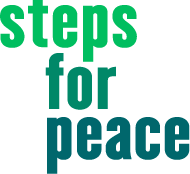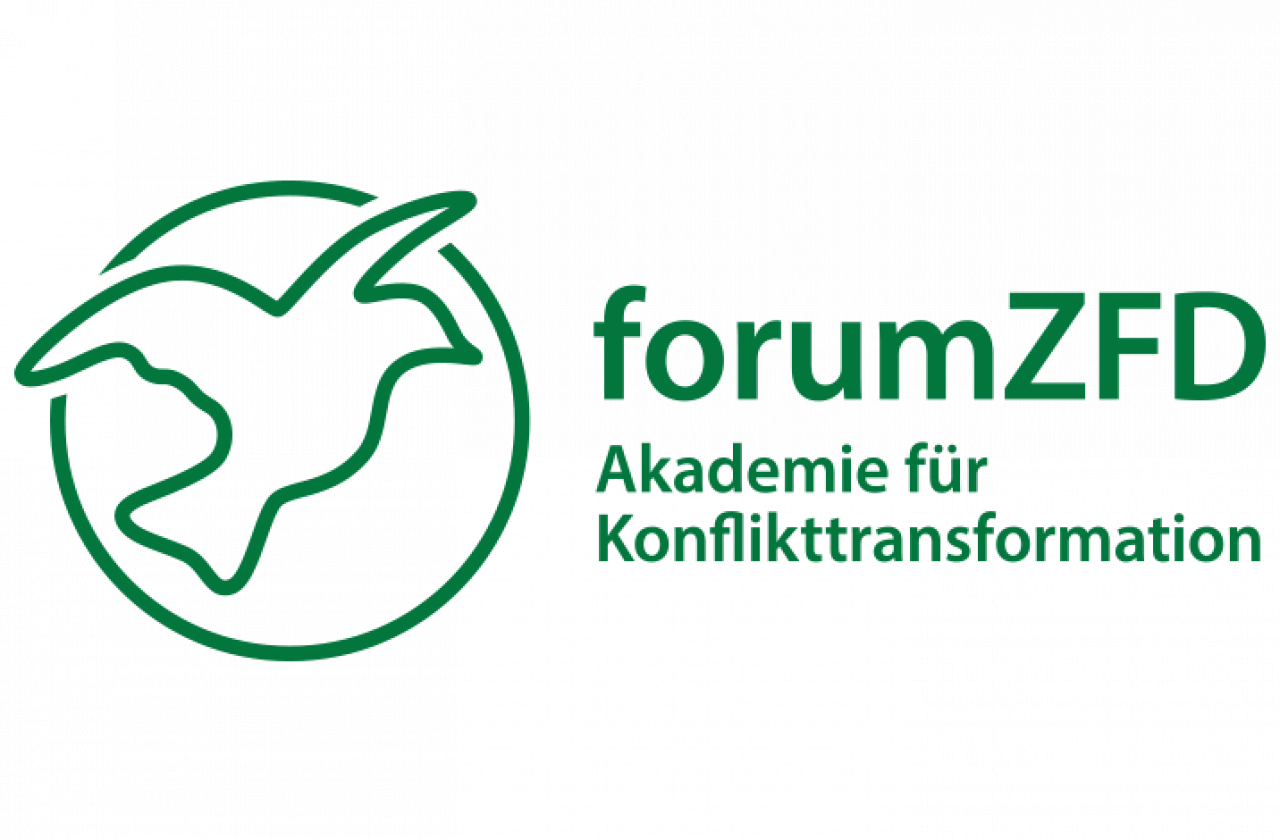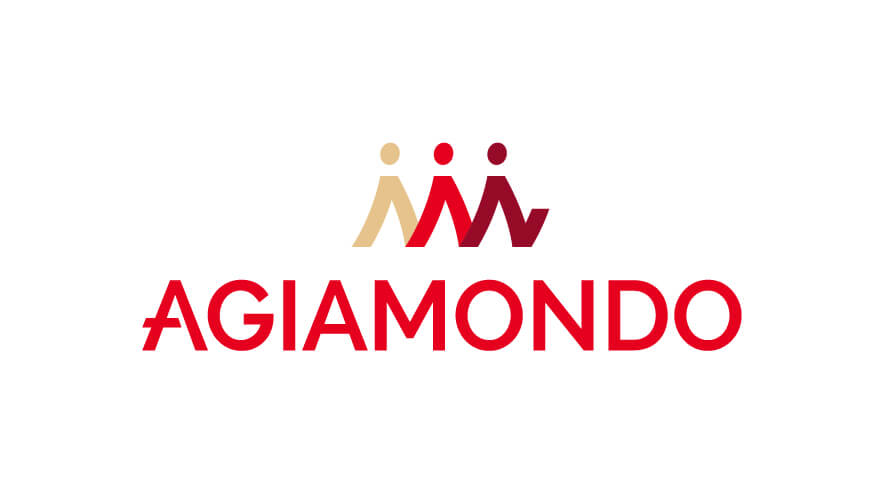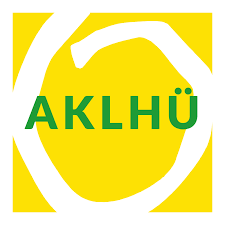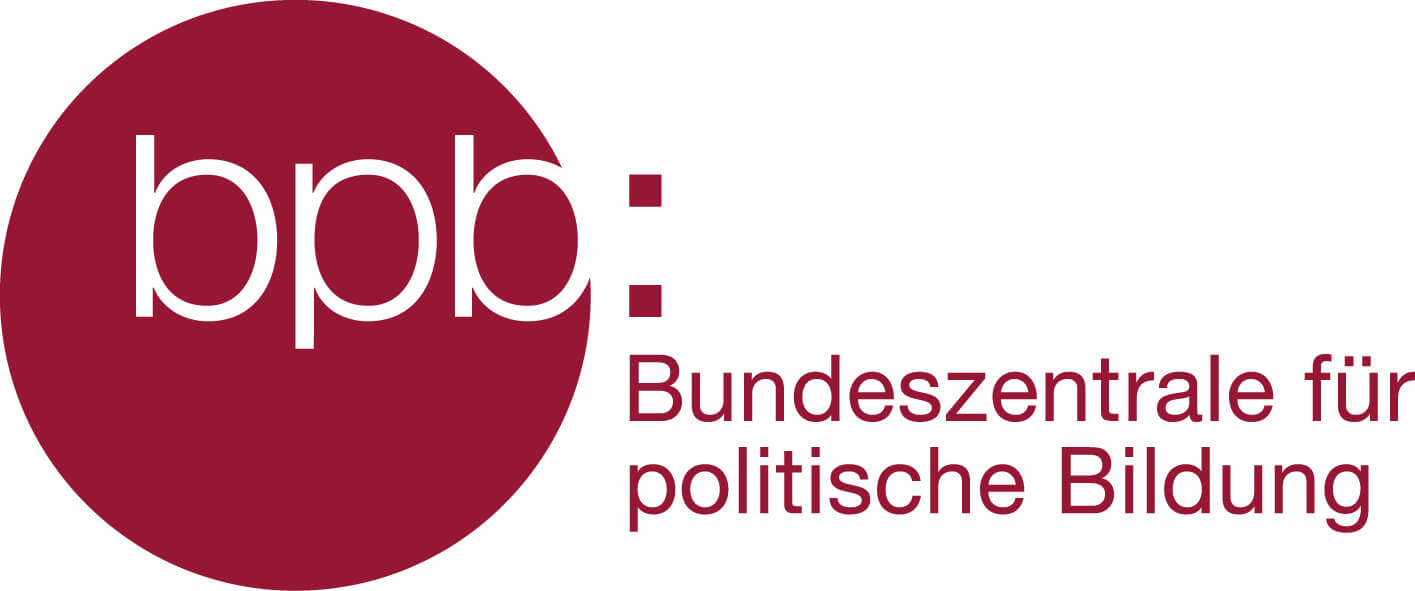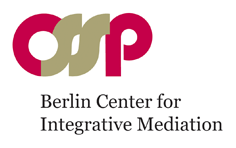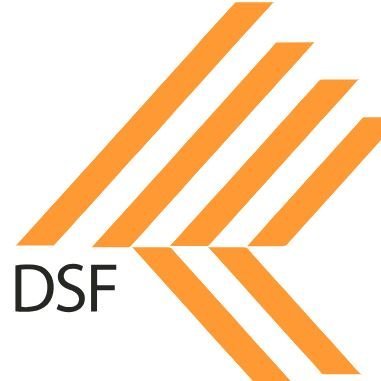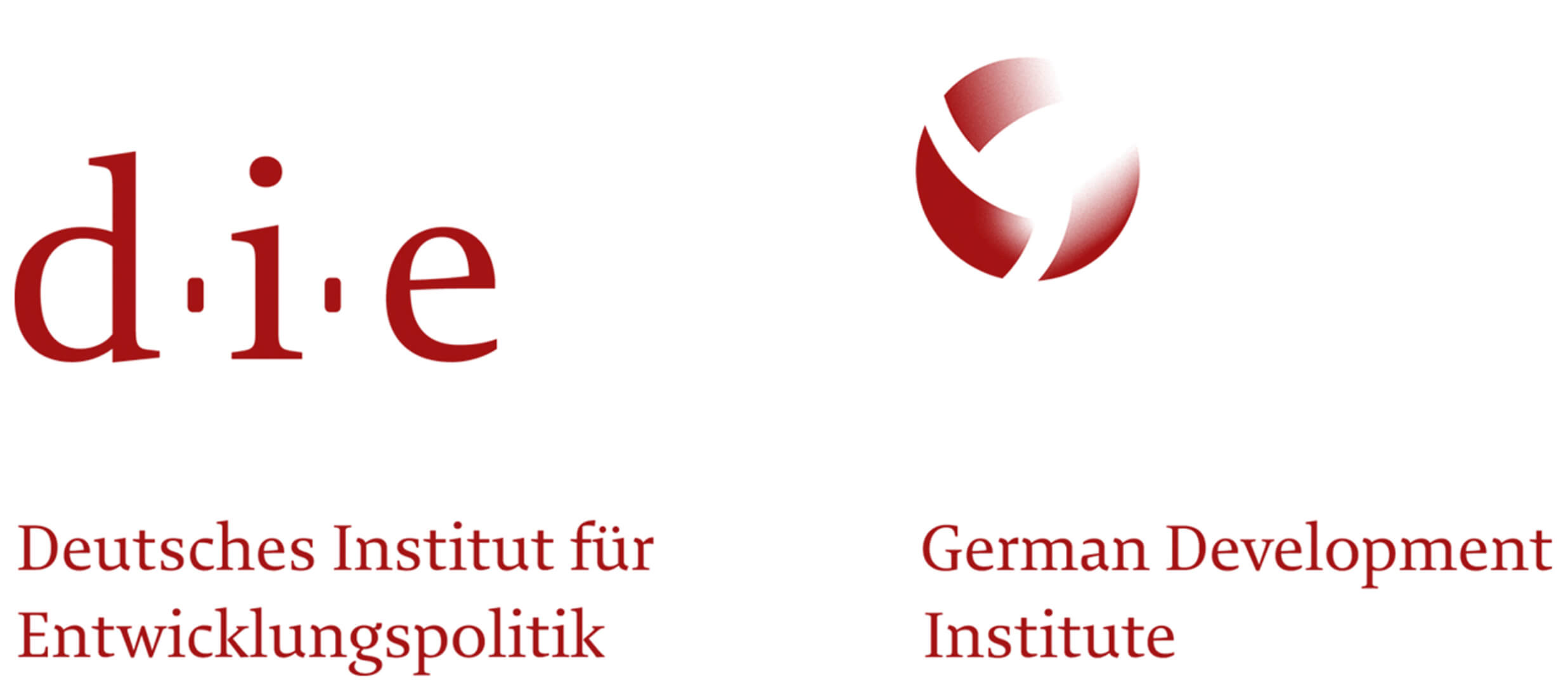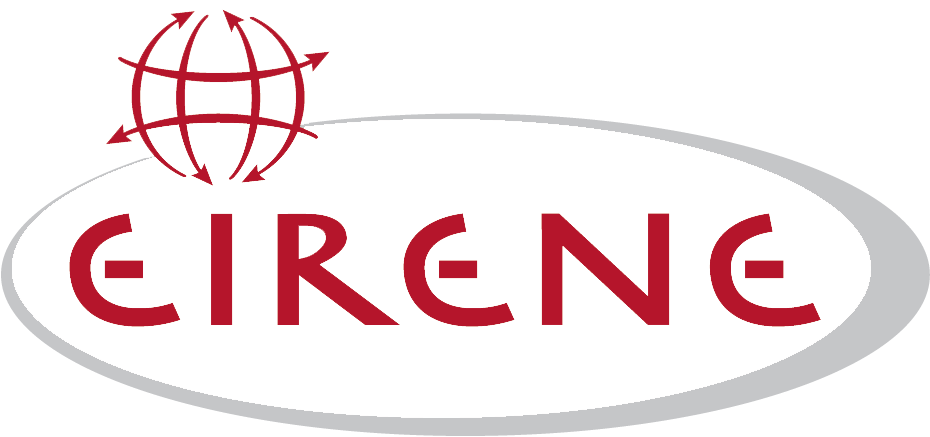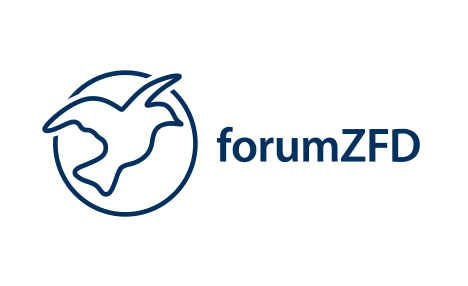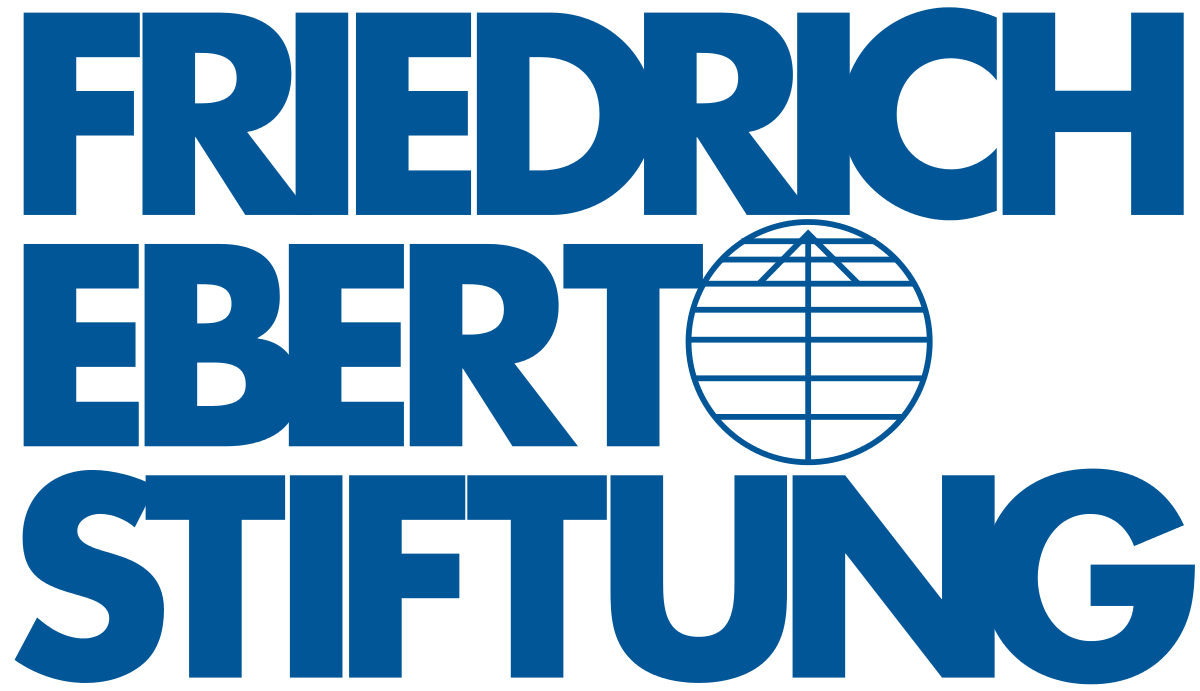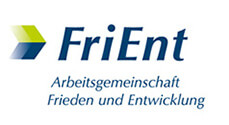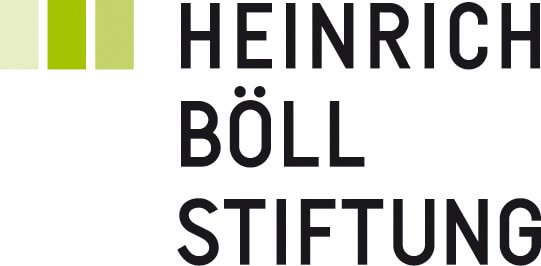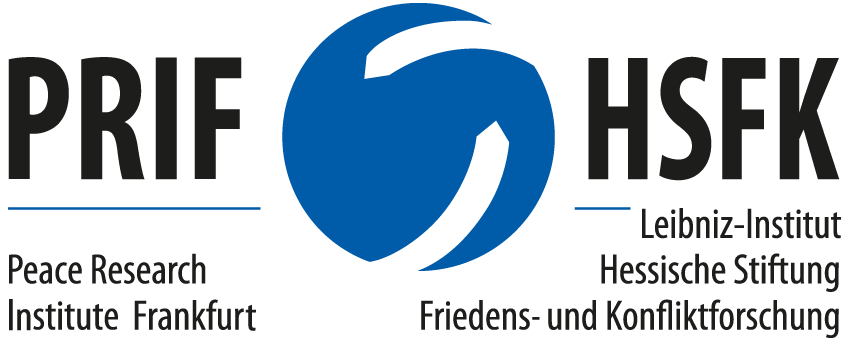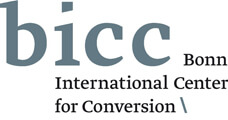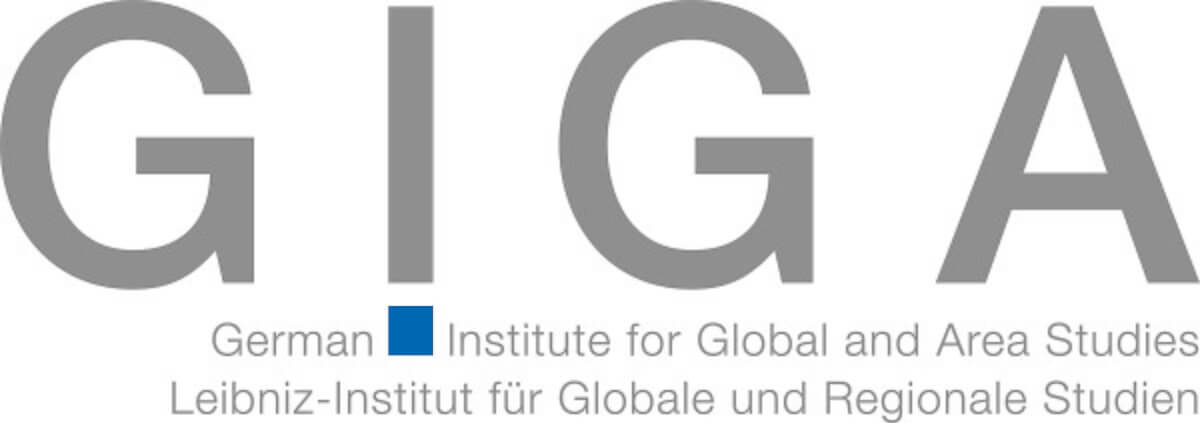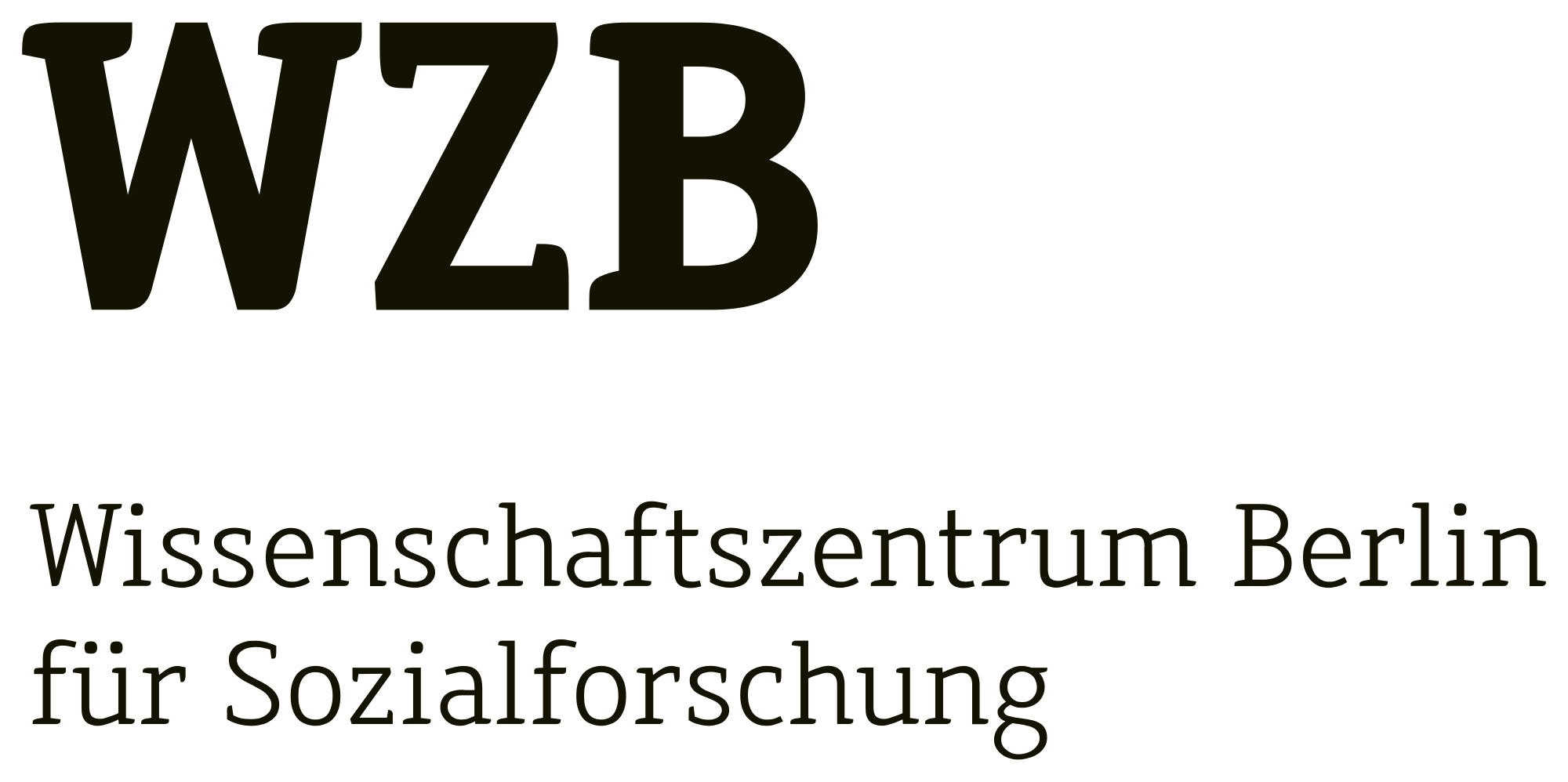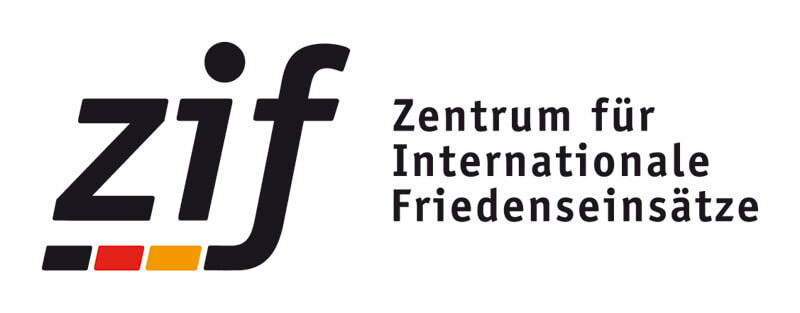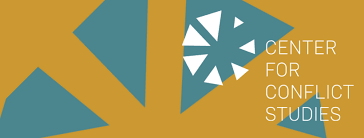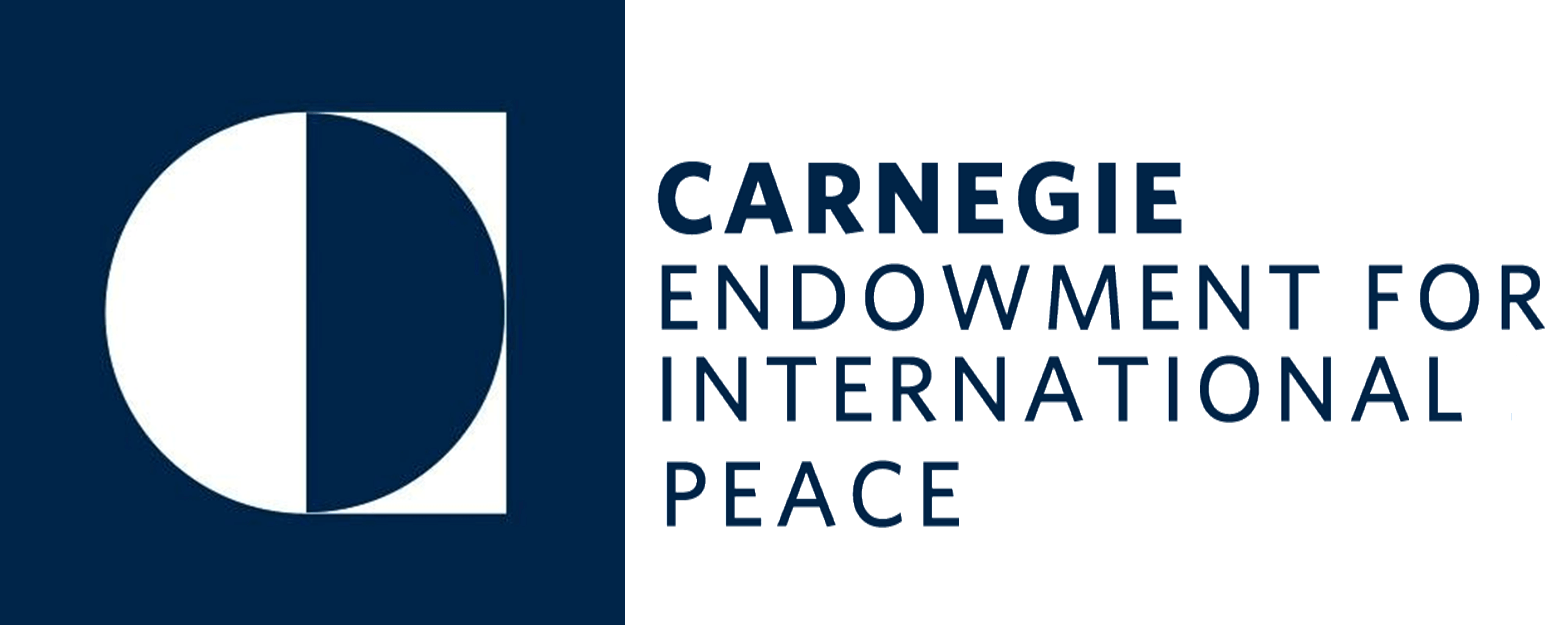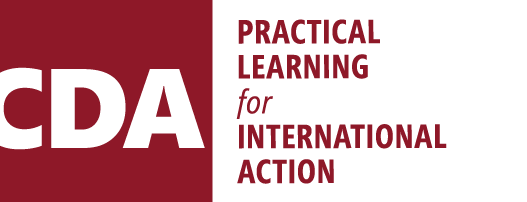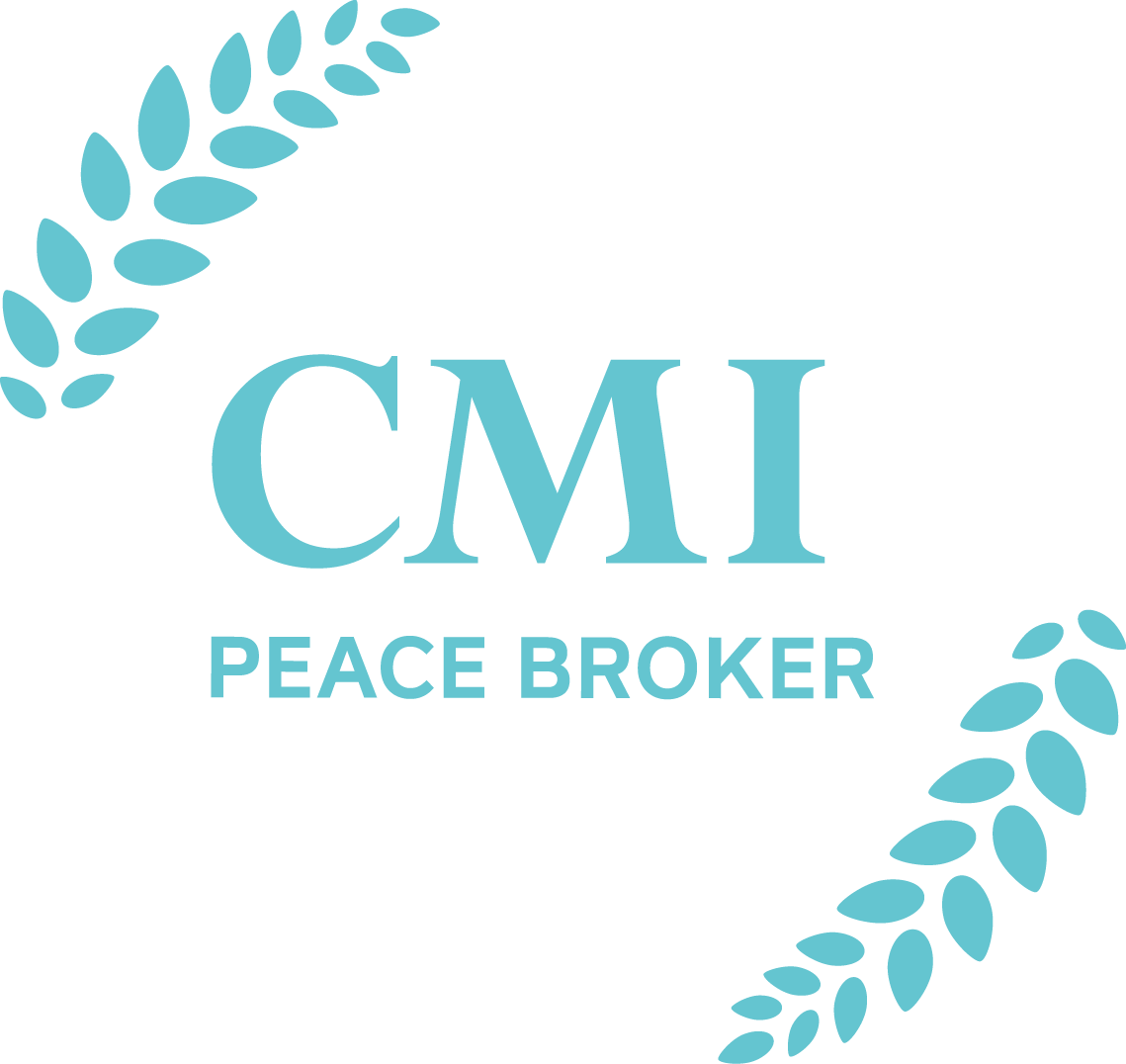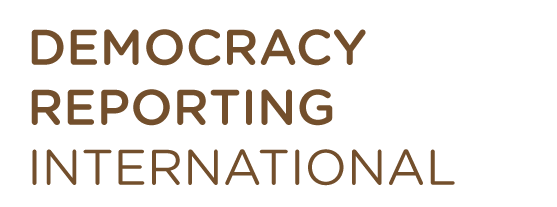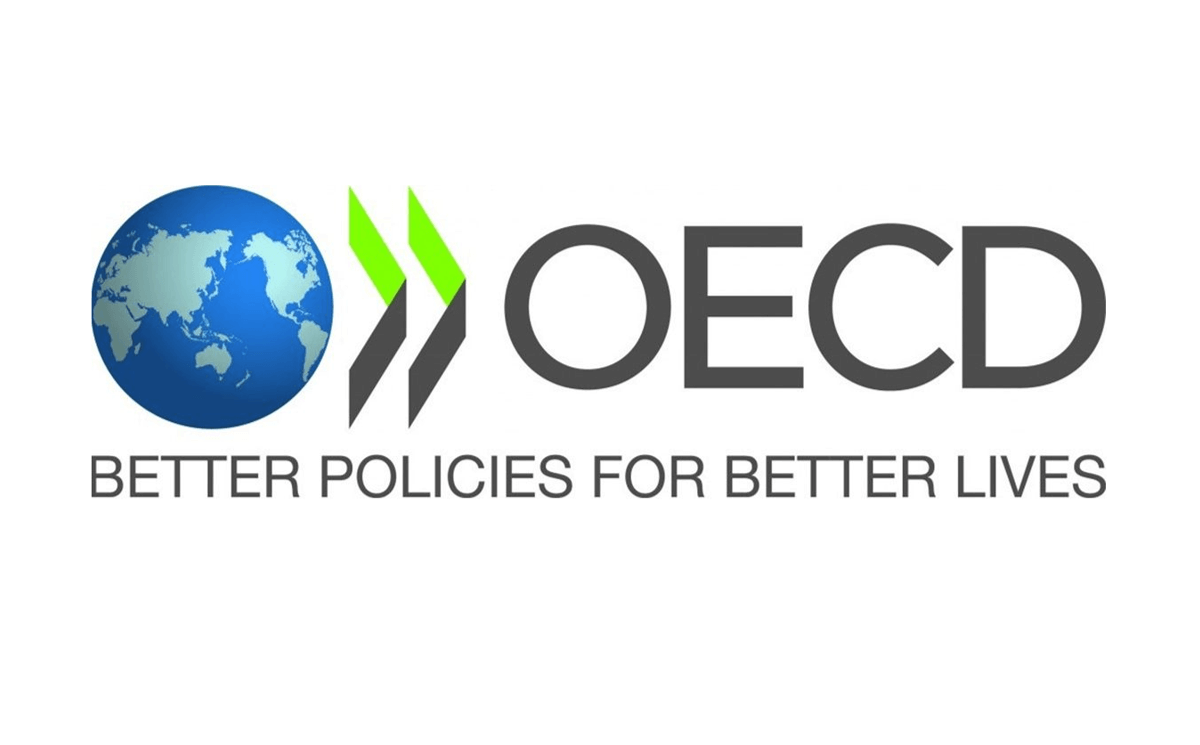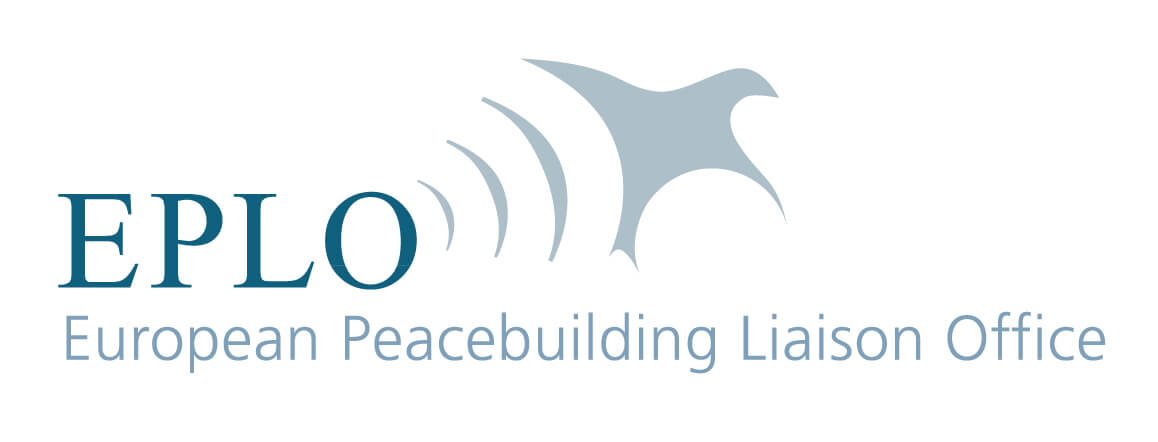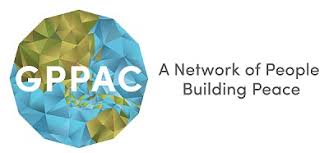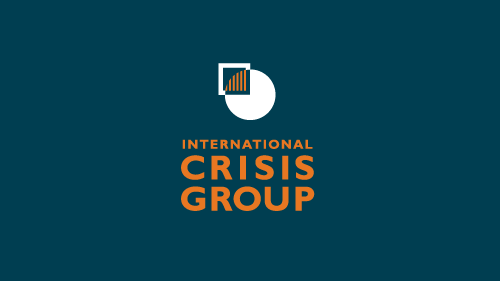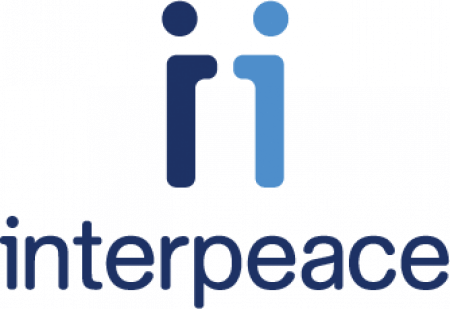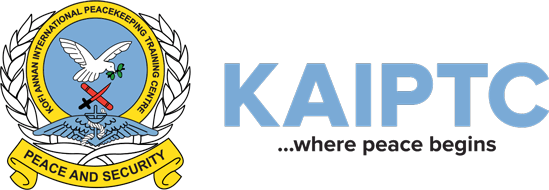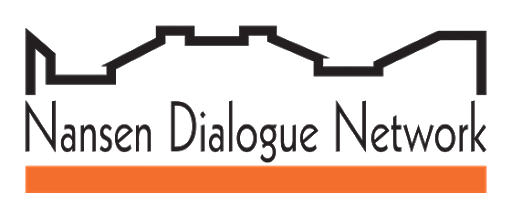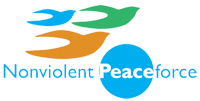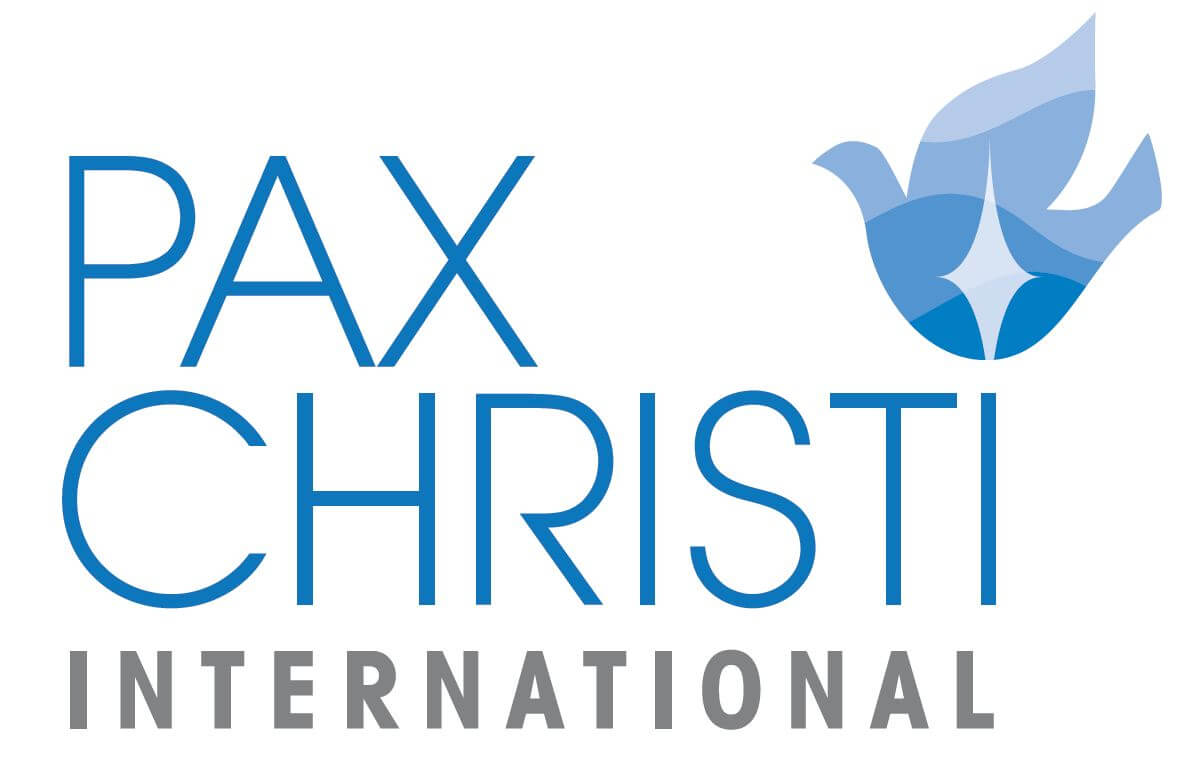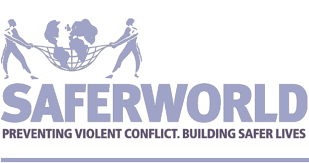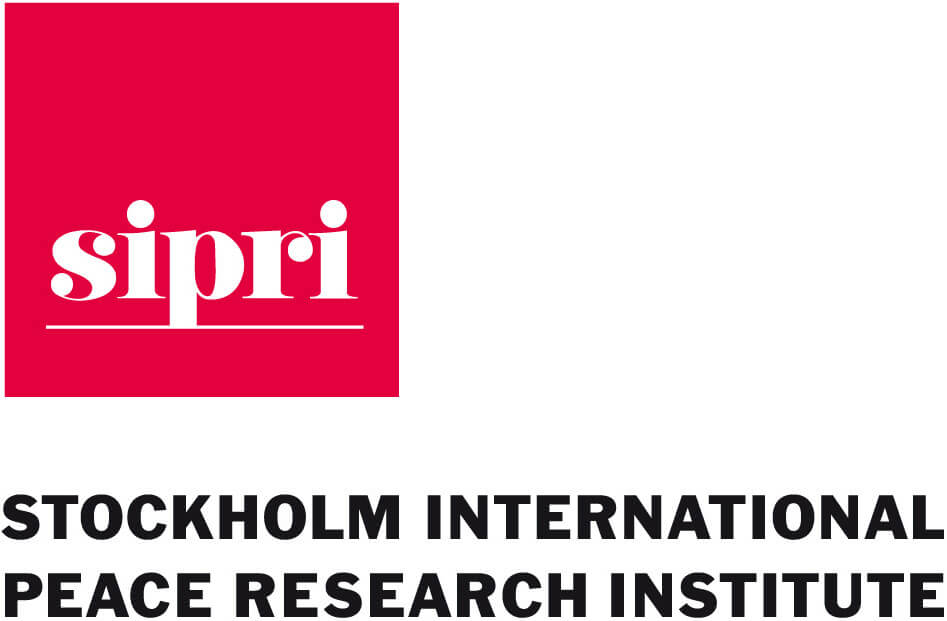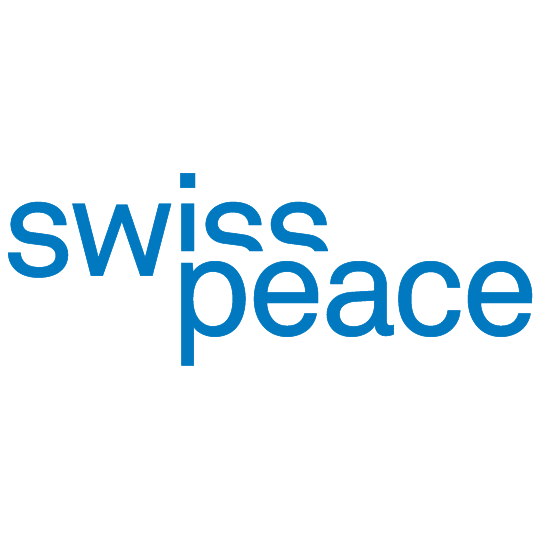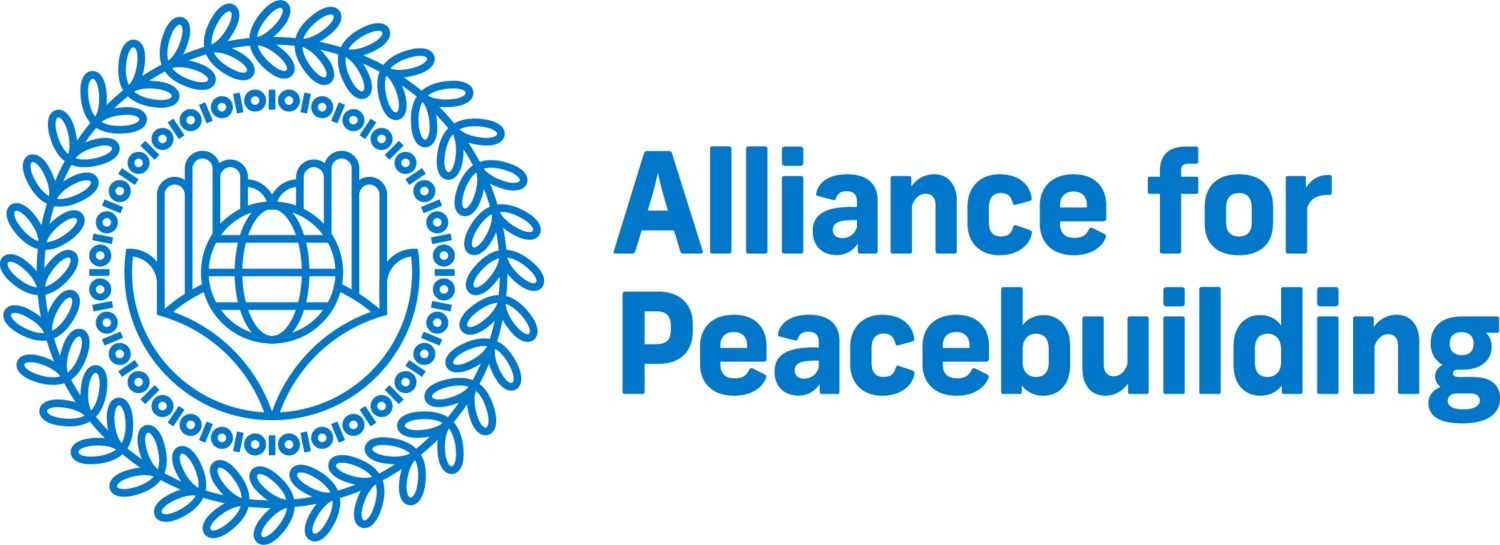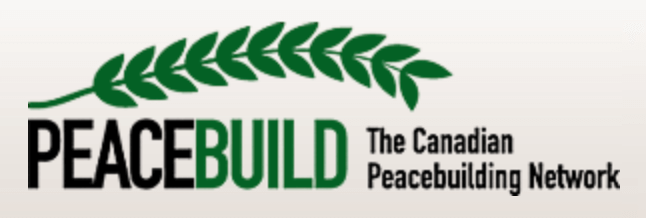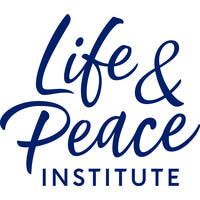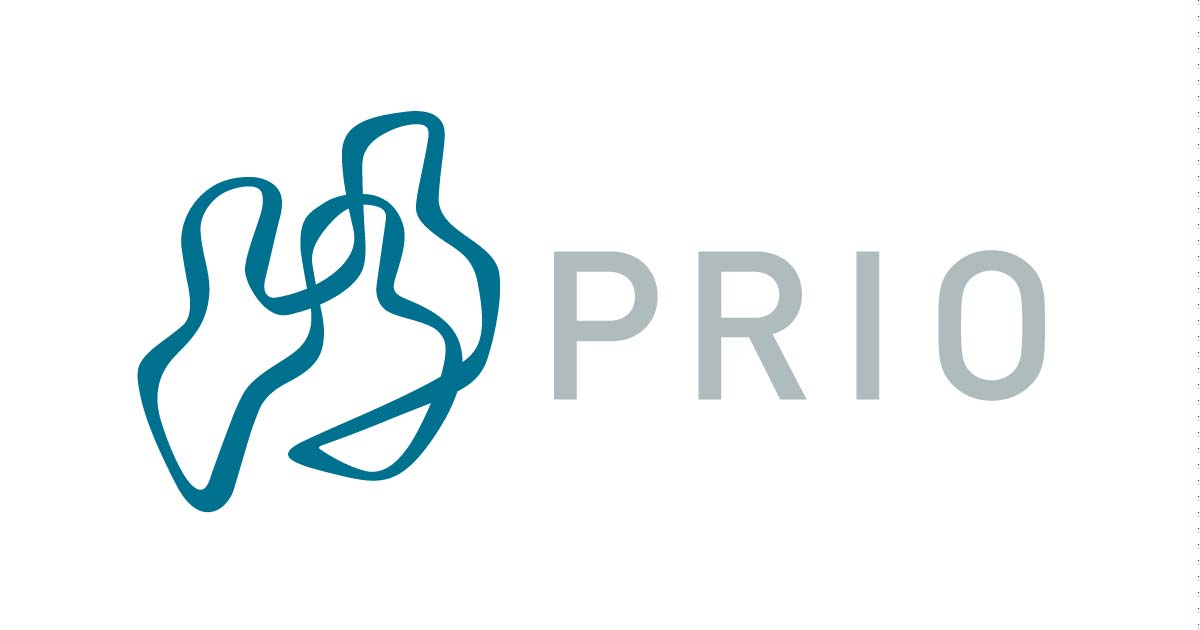Friedensarbeit gestalten
und unterstützen
Zivilgesellschaftliche Akteure werden durch politische Programme gestärkt, profitieren von Forschungsergebnissen und professionalisieren durch systematische Reflexionen ihre Handlungsfelder. Die folgende Übersicht stellt deutsche und internationale Programme und Organisationen vor, die das zivilgesellschaftliche Potential in der Friedensarbeit fördern, wie z.B. durch:
- Forschung und konzeptionelle Beiträge zu Fachthemen wie Konflikttransformation, Peacebuilding, Zivilgesellschaft, Do No Harm (DNH), Peace and Conflict Assessment (PCA), Reflecting on Peace Practice (RPP), Mediation, Ziviler Friedensdienst, Menschenrechte, Ökologie
- Trainings und Bereitstellung von geeigneten Trainingsmaterialien
- Bereitstellung von Analyseergebnissen für Kontext- und Konfliktanalysen
- Strategiepapiere für die Politikberatung
- Bereitstellung von Ressourcen für Projekte
- Implementierung von Projekten im Peacebuilding
- Praxisberatung
- qualifizierte Praxisberichte über Best Practice oder Lessons Learned
- Vernetzungsangebote.
Deutsche Organisationen
Akademie für Konflikttransformation
Die Akademie für Konflikttransformation im Forum Ziviler Friedensdienst e.V. (forumZFD) ist der gewaltfreien Bearbeitung von Konflikten verpflichtet. Sie vermittelt praxisnahes Handlungswissen für zivile Konfliktbearbeitung und den Zivilen Friedensdienst, bietet maßgeschneiderte Trainings für die Arbeit in Konfliktgebieten, fördert die zivile Konfliktbearbeitung durch Veröffentlichungen, Konferenzen und Veranstaltungen, forscht zur Transformation von Gewaltkonflikten und berät politische Entscheidungsträger.
Konsortium Ziviler Friedensdienst
Der Zivile Friedensdienst wird von deutschen Friedens- und Entwicklungsorganisationen getragen. Die Organisationen verfügen über verschiedene Zugänge zu gesellschaftlichen Gruppen in den Partnerländern. Sie widmen sich unterschiedlichen Aufgaben und bringen vielfältige Erfahrungen, Kompetenzen und Methoden in die Arbeit ein. Finanziert wird der ZFD vom Bundesministerium für wirtschaftliche Zusammenarbeit und Entwicklung (BMZ). Die Trägerorganisationen des ZFD haben sich zum Konsortium Ziviler Friedensdienst zusammengeschlossen. Die Aufgaben des Konsortiums liegen in der inhaltlichen Fortentwicklung des ZFD, im Erfahrungsaustausch, in der Verbesserung administrativer Rahmenbedingungen und der Vertretung gemeinsamer Anliegen gegenüber dem BMZ und der Öffentlichkeit.
Agiamondo
Als Fachdienst der deutschen Katholiken für Entwicklungszusammenarbeit werden qualifizierte Fachkräfte in Entwicklungsvorhaben in Afrika, Asien, Lateinamerika und den Ländern Mittel- und Osteuropas vermittelt. Agiamondo ist ein staatlich anerkannter Personaldienstleister, zuverlässiger Ansprechpartner für Fachkräfte und kompetenter Partner für mehr als 150 Hilfsorganisationen.
Arbeitsgemeinschaft für Friedens- und Konfliktforschung e.V. (AFK)
Die Arbeitsgemeinschaft für Friedens- und Konfliktforschung wurde 1968 als deutsche Wissenschaftsvereinigung von Friedens- und Konfliktforscher*innen aus allen akademischen Disziplinen gegründet. Derzeit zählt die AFK rund 250 Mitglieder. Die AFK fördert wissenschaftliche Arbeiten, die zu einem Verständnis der Ursachen von Frieden und Krieg beitragen und Grundlage für eine am Frieden orientierte politische Praxis sein sollen.
Arbeitskreis Lernen und Helfen in Übersee (AKLHÜ)
Der Arbeitskreis „Lernen und Helfen in Übersee“ e.V. ist eine zentrale Servicestelle für Akteure der Entwicklungszusammenarbeit (EZ) und für die entwicklungspolitisch interessierte Öffentlichkeit. Zu den Mitgliedern des gemeinnützigen Vereins zählen staatlich anerkannte Entwicklungsdienste, internationale Freiwilligendienste und Organisationen aus dem Bereich der entwicklungspolitischen Bildungsarbeit.
Berghof Foundation
The Berghof Foundation is an independent, non-governmental and non-profit organisation dedicated to supporting conflict stakeholders and actors in their efforts to achieve sustainable peace through peacebuilding and conflict transformation. Today the Berghof Foundation unifies three previously independent institutions: the former Berghof Foundation for Conflict Studies with its operational arm, Berghof Conflict Research; Berghof Peace Support; and Berghof Peace Education.
Brot für die Welt (BfdW) – Evangelischer Entwicklungsdienst (EED)
Brot für die Welt – Evangelischer Entwicklungsdienst ist das weltweit tätige Hilfswerk der evangelischen Landes- und Freikirchen in Deutschland. Im Mittelpunkt der Arbeit steht die Förderung von Projekten in den Ländern des Südens. Bei Bedarf werden Partnerorganisationen auch durch die Entsendung von Fachkräften und Freiwilligen unterstützt. Durch Lobby-, Öffentlichkeits- und Bildungsarbeit in Deutschland und Europa sollen politische Entscheidungen im Sinne der Armen beeinflusst werden und ein Bewusstsein für die Notwendigkeit einer nachhaltigen Lebens- und Wirtschaftsweise geschaffen werden.
Bundeszentrale für politische Bildung (bpb)
Die Aufgabe der Bundeszentrale für politische Bildung ist es, Verständnis für politische Sachverhalte zu fördern, das demokratische Bewusstsein zu festigen und die Bereitschaft zur politischen Mitarbeit zu stärken. In der Rubrik Internationales finden sich neben Länderporträts und themenspezifischen Beiträgen auch das Informationsportal Krieg und Frieden.
Crisis Simulation for Peace e.V. (CRISP)
CRISP organisiert Seminare, Weiterbildungen und Workshops im Bereich der zivilen Konfliktbearbeitung und der politischen Bildung.
CSSP – Berlin Center for Integrative Mediation
CSSP’s mission is to assist community leaders in post crisis areas to resolve their inter-community conflicts through dialogue, trust-building and negotiation using the principles and tools of Integrative Mediation. CSSP advocates for peaceful conflict resolution and capacity-building based on systemic problem-solving, non-discrimination, and participatory processes.
Deutsche Gesellschaft für Internationale Zusammenarbeit (GIZ)
Als Dienstleister unterstützt die GIZ die deutsche Bundesregierung bei der Erreichung ihrer Ziele in der internationalen Zusammenarbeit. Neben Projektarbeit und Personalvermittlung stellt die GIZ auch eine Reihe von Publikationen zur Verfügung.
Deutsche Stiftung Friedensforschung (DSF)
Die Gründung der DSF erfolgte mit dem Zweck, die Friedensforschung ihrer außen- und sicherheitspolitischen Bedeutung gemäß insbesondere in Deutschland dauerhaft zu stärken und zu ihrer politischen und finanziellen Unabhängigkeit beizutragen.
Deutsches Institut für Entwicklungspolitik (DIE)
Die Arbeit des interdisziplinär ausgerichteten Deutschen Instituts für Entwicklungspolitik wird durch das Zusammenspiel von Forschung, Beratung und Ausbildung geprägt. DIE bündelt weltweit verfügbares Wissen der Entwicklungsforschung und arbeitet zu zentralen Zukunftsfragen der Entwicklungspolitik. Politikberatung, auch zu den weltwirtschaftlichen, außen-, umwelt- und sicherheitspolitischen Rahmenbedingungen der Entwicklungspolitik, ist die Kernaufgabe des Deutschen Instituts für Entwicklungspolitik.
Deutsches Institut für Menschenrechte
Das Deutsche Institut für Menschenrechte wurde im März 2001 auf Empfehlung des Deutschen Bundestages gegründet. Es informiert über die Lage der Menschenrechte im In- und Ausland und trägt zur Prävention von Menschenrechtsverletzungen sowie zur Förderung und zum Schutz der Menschenrechte bei.
EIRENE Internationaler Christlicher Friedensdienst
EIRENE ist ein ökumenischer, internationaler Friedens- und Entwicklungsdienst, der in Deutschland als gemeinnütziger Verein, als Träger des Entwicklungsdienstes, des FSJ sowie des IJFD anerkannt ist.
Forum Ziviler Friedensdienst (forumZFD)
Das Forum Ziviler Friedensdienst wurde im Jahr 1996 mit dem Auftrag gegründet, sich für die „Verwirklichung der Idee eines Zivilen Friedensdienstes“ einzusetzen. Das forumZFD ist überparteilich und überkonfessionell. Es wird getragen von 37 Mitgliedsorganisationen und etwa 130 Einzelmitgliedern.
Friedensakademie Rheinland-Pfalz – Academy for Crisis Prevention and Civil Conflict Management
Die Friedensakademie Rheinland-Pfalz – Akademie für Krisenprävention und zivile Konfliktbearbeitung ist eine „besondere wissenschaftliche Einrichtung“ der Universität Koblenz-Landau. An der Schnittstelle zwischen Friedensforschung und Friedenspädagogik verfolgt die Friedensakademie grundsätzliche das Ziel, bewährte Strategien der Krisenprävention und der zivilen Konfliktbearbeitung zu stärken und weiterzuentwickeln, die wissenschaftliche Forschung zu fördern, den gesellschaftspolitischen Diskurs anzuregen sowie Friedensfachkräfte und Personen, die mit Konflikt- und Gewaltpotenzialen in unserer Gesellschaft konfrontiert sind, zu qualifizieren. Ihre Arbeit liegt an der Schnittstelle von.
Friedrich Naumann Stiftung
Die Friedrich-Naumann-Stiftung ist die Stiftung für liberale Politik in der Bundesrepublik Deutschland. Sie will dazu beitragen, dem Prinzip Freiheit in Menschenwürde in allen Bereichen der Gesellschaft Geltung zu verschaffen; im vereinigten Deutschland wie auch zusammen mit den Partnern im Ausland.
Friedrich-Ebert-Stiftung (FES)
Die Friedrich-Ebert-Stiftung wurde 1925 mit den Zielen gegründet, die politische und gesellschaftliche Bildung von Menschen aus allen Lebensbereichen im Geiste von Demokratie und Pluralismus zu fördern, begabten jungen Menschen unabhängig von den materiellen Möglichkeiten der Eltern durch Stipendien den Zugang zum Hochschulstudium zu ermöglichen, zur internationalen Verständigung und Zusammenarbeit beizutragen. Auf der Internetseite finden sich unter der Rubrik FES International Informationen zu Themen wie Demokratieförderung, Frieden und Sicherheit und Globalisierung.
FriEnt – Arbeitsgemeinschaft Frieden und Entwicklung
Die Arbeitsgemeinschaft Frieden und Entwicklung (FriEnt) ist ein Zusammenschluss von staatlichen Organisationen, kirchlichen Hilfswerken, zivilgesellschaftlichen Netzwerken und politischen Stiftungen. Ziel von FriEnt ist es, Kompetenzen zu bündeln, Vernetzung und Kooperation zu fördern sowie zu einer konflikt-sensiblen Entwicklungszusammenarbeit beizutragen.
Heidelberger Institut für internationale Konfliktforschung (HIIK)
Das Heidelberger Institut für Internationale Konfliktforschung ist als unabhängiger und interdisziplinärer Verein am Institut für Politische Wissenschaft der Universität Heidelberg angesiedelt. Seit 1991 widmet sich das HIIK der Förderung und Verbreitung des Wissens um Entstehung, Verlauf und Beilegung inner- und zwischenstaatlicher politischer Konflikte.
Heinrich-Böll-Stiftung e.V. (HBS)
Die Heinrich-Böll-Stiftung ist eine Agentur für grüne Ideen und Projekte, eine reformpolitische Zukunftswerkstatt und ein internationales Netzwerk. Die HBS arbeitet mit 160 Projektpartnern in über 60 Ländern zusammen und unterhält derzeit Büros in 29 Ländern.
Hessische Stiftung Friedens- und Konfliktforschung (HSFK)
Die Hessische Stiftung Friedens- und Konfliktforschung wurde 1970 von der Hessischen Landesregierung als selbstständige Stiftung des öffentlichen Rechts ins Leben gerufen. Mit über 70 Mitarbeiterinnen und Mitarbeitern ist sie das größte Friedensforschungsinstitut in der Bundesrepublik Deutschland. Seit 1. Januar 2009 ist die HSFK Mitglied der Leibniz-Gemeinschaft (siehe GIGA). Die Arbeit der HSFK ist darauf gerichtet, die Ursachen gewaltsamer internationaler und innerer Konflikte zu erkennen, die Bedingungen des Friedens, verstanden als Prozess abnehmender Gewalt und zunehmender Gerechtigkeit, zu erforschen sowie den Friedensgedanken zu verbreiten. Im Rahmen ihrer Politikberatung werden Forschungsergebnisse praxisorientiert in Handlungsoptionen umgesetzt, die Eingang in die öffentliche Debatte finden.
Institut für Auslandsbeziehungen (ifa) – Förderprogramm zivik
Das Programm zivik – zivile Konfliktbearbeitung des ifa berät Nichtregierungsorganisationen und das Auswärtige Amt in der zivilen Konfliktbearbeitung. Zivik fördert, dokumentiert und evaluiert weltweit Projekte in Krisenregionen. Das Förderprogramm wird vom Auswärtigen Amt finanziert. Seit 2001 baut zivik den Bereich der zivilen Konfliktbearbeitung kontinuierlich aus und setzt den Aktionsplan der Bundesregierung „Zivile Krisenprävention, Konfliktlösung und Friedenskonsolidierung“ in die Tat um.
Institut für Frieden und Entwicklung (INEF)
Das Institut für Entwicklung und Frieden (INEF), das im Jahr 1990 gegründet wurde, ist eine Forschungseinrichtung der Fakultät für Gesellschaftswissenschaften der Universität Duisburg-Essen am Campus Duisburg. Das INEF bearbeitet als einziges deutsches Forschungsinstitut Fragen an der Schnittstelle von Entwicklung und Frieden.
Internationales Konversionszentrum Bonn (BICC)
As an independent, non-profit organization, BICC (Internationales Konversionszentrum Bonn – Bonn International Center for Conversion) deals with a wide range of global topics in the field of peace and conflict research.
Konrad Adenauer Stiftung (KAS)
Die Konrad Adenauer Stiftung ist eine politische Stiftung, die bundesweit in zwei Bildungszentren und 16 Bildungswerken aktiv ist. Über die Auslandsbüros werden weltweit mehr als 200 Projekte in über 120 Ländern betreut. National und international setzt sich die Stiftung durch politische Bildung für Frieden, Freiheit und Gerechtigkeit ein. Die Festigung der Demokratie, die Förderung der europäischen Einigung, die Intensivierung der transatlantischen Beziehungen und die entwicklungspolitische Zusammenarbeit sind besonderen Anliegen.
Kurve Wustrow Bildungs- u. Begegnungsstätte für gewaltfreie Aktion e.V.
Die Bildungs- und Begegnungsstätte für gewaltfreie Aktion e.V. KURVE Wustrow wurde 1980 mit dem Ziel gegründet, einen Beitrag dazu zu leisten, dass Betroffenheit über kriegerische Auseinandersetzungen, ökologische Zerstörung und soziale Ungerechtigkeit in überlegtes gewaltfreies Handeln umgesetzt werden kann.
Leibniz-Institut für Globale und Regionale Studien (GIGA)
Das GIGA ist die größte deutsche und eine der größten europäischen Forschungseinrichtungen für Area Studies und Comparative Area Studies. Die Forschung konzentriert sich auf politische, wirtschaftliche und gesellschaftliche Entwicklungen in Afrika, Asien, Lateinamerika und Nahost. Daneben beschäftigen sich die Wissenschaftler*innen mit interregionalen Verflechtungen und globalen Themen wie Governance und Gewalt und Sicherheit.
Plattform Zivile Konfliktbearbeitung
Die Plattform Zivile Konfliktbearbeitung ist das offene Netzwerk in Deutschland zur Förderung der zivilen Konfliktbearbeitung. Es wurde 1998 gegründet. In der Präambel der Plattform-Charta heißt es: „An der Schwelle zum 21. Jahrhundert steht die Welt vor einem unerträglichen Ausmaß an Gewalt, insbesondere bei innerstaatlichen Konflikten. Die Reduzierung und Überwindung dieser Gewalt erfordern vorrangig und zunehmend eine Entfaltung vielfältiger Ansätze ziviler Konfliktbearbeitung. Dazu ist es notwendig, dass sich Nichtregierungsorganisationen vermehrt engagieren und die Fähigkeit in der Gesellschaft zur konstruktiven Konfliktbearbeitung insgesamt gestärkt wird.“
Pro Kids – Peace Portal
Pro Kids – Peace Portal ist ein Internet-Angebot für Kinder, Eltern und Erzieher*innen das zu Fragen von Krieg und Frieden informiert und einen Austausch zu diesem Themenbereich ermöglicht.
Stiftung Entwicklung und Frieden (SEF)
Die Stiftung Entwicklung und Frieden (SEF) sucht nach politischen Antworten auf die komplexen Herausforderungen der Globalisierung. Ihr übergeordnetes Ziel ist Frieden und nachhaltige Entwicklung weltweit auf der Grundlage sozialer Gerechtigkeit, Menschenwürde sowie eines respektvollen Umgangs mit der Umwelt und ihren Ressourcen. In dem sie politische Diskurse jenseits der Tagespolitik zu beeinflussen sucht, betreibt die SEF mithin mittel- und langfristige Politikberatung. Dabei kann es sich um einen ausführlicheren Prozess handeln, der ggf. auch auf begleitenden wissenschaftlich-analytischen Projekten aufbaut.
Stiftung Wissenschaft und Politik (SWP)
Seit mehr als 50 Jahren berät die Stiftung Wissenschaft und Politik den Bundestag und die Bundesregierung ebenso wie die Wirtschaft und eine interessierte Fachöffentlichkeit in außenpolitischen Fragen. Waren dies zu Beginn der Stiftungsarbeit vor allem Fragen der Abrüstung, reicht das Spektrum heute von der klassischen Sicherheitspolitik bis hin zu Aspekten des Klimaschutzes und politischer Herausforderungen angesichts knapper Ressourcen.
Weltfriedensdienst e.V. (WFD)
Seit seiner Gründung unterstützt der Weltfriedensdienst Initiativen und Projekte in den Ländern des Südens, in denen Menschen aktiv und selbstbestimmt an der Verbesserung ihrer Lebens- und Umweltbedingungen arbeiten. Der Weltfriedensdienst versteht seine Arbeit als Engagement gegen die extrem ungleiche Verteilung von gesellschaftlichem Reichtum, die maßgeblich durch ungerechte Weltwirtschaftsstrukturen verursacht wird.
Wissenschaftszentrum Berlin für Sozialforschung
Das Wissenschaftszentrum Berlin für Sozialforschung (WZB) betreibt problemorientierte Grundlagenforschung. Untersucht werden Entwicklungen, Probleme und Innovationschancen moderner Gesellschaften. Die Forschung ist theoriegeleitet, praxisbezogen, oft langfristig angelegt und meist international vergleichend.
Zentrum für Internationale Friedenseinsätze (ZIF)
Die Aufgabe des ZIF ist es, zivile Kapazitäten zur Krisenprävention, Konfliktlösung und Friedenskonsolidierung zu stärken. Daher ist das Kernmandat des ZIF die Qualifizierung und Bereitstellung, Vermittlung und Betreuung von Zivilpersonal für internationale Friedens- und Wahlbeobachtungseinsätze, u.a. durch Aufbau und Pflege eines Expertenpools von deutschem Fachpersonal sowie die Erarbeitung von unabhängigen Analysen, Lessons Learned und konzeptionellen Beiträgen und Veranstaltungs-, Informations- und Beratungsangeboten zu den Themenfeldern Peacekeeping und Peacebuilding. Dazu arbeitet das ZIF eng mit dem Auswärtigen Amt, dem Bundesministerium für wirtschaftliche Zusammenarbeit und Entwicklung, dem Bundesministerium des Innern, dem Bundesministerium der Verteidigung und internationalen Organisationen, insbesondere mit der UN, der EU und der OSZE zusammen.
Zentrum für Konfliktforschung
Das Zentrum ist eine zentrale Einrichtung der Philipps-Universität Marburg zur interdisziplinären Zusammenarbeit und Fragen der Friedens- und Konfliktforschung. Es wurde im Februar 2001 gegründet und bündelt verschiedene Lehr- und Forschungsaktivitäten, die sich auf zentrale gesellschaftliche und internationale Konfliktlagen konzentrieren. Forschungsschwerpunkte sind beispielsweise Friedenskonsolidierung und Transitional Justice und Zivilgesellschaft in Konflikten.
Internationale Organisationen
Austrian Study Centre for Peace and Conflict Resolution (ASPR), Schlaining Austria
The ASPR is an independent, non-profit and non-partisan organisation which aims to contribute to the promotion of peace and peaceful conflict resolution and to the dissemination of practical ideas for peace, including its developmental and environmental aspects. The ASPR conducts and evaluates research in line with its objectives, engages in training and education, and conducts scientific courses.
Carnegie Endowment for International Peace, Washington D.C., USA
The Carnegie Endowment for International Peace is the oldest international affairs think tank in the United States, known for excellence in scholarship, responsiveness to changing global circumstances, and a commitment to concrete improvements in public policy. It works on a range of issues, including nonproliferation, global security and terrorism, developments in Russia, Eurasia, China, and the Middle East, international economics, climate change and energy consumption, and the rising influence of emerging powers and non-state actors. Carnegie has research centers in Beijing, Beirut, Brussels, Moscow, and Washington as well as a program in Almaty.
Center for Nonviolent Action, Belgrade, Serbia and Sarajevo, Bosnia and Herzegovina
CNA’s mission has been to work on the building of lasting peace in the region of the former Yugoslavia through the promotion of the cultures of nonviolence and dialogue, and through trust building among individuals and groups, as well as constructive dealing with the past as one of the key elements of peacebuilding. Main activities include peace education programmes (trainings) that gather people from the region of former Yugoslavia, documentary film production with the goals of promoting cross-border dialogue and reconciliation, publications, public forums and promotions, exchange and networking seminars.
Collaborative Learning Projects (CDA), Cambridge MA, USA
CDA Collaborative Learning Projects is a non-profit organization (USA) committed to improving the effectiveness of international actors who provide humanitarian assistance, engage in peace practice, and are involved in supporting sustainable development. CDA organizes collaborative learning projects to gather and analyze the experiences of international efforts and, from these, to identify patterns across contexts and types of programmes.
Conciliation Resources, London, UK
Conciliation Resources is a peacebuilding NGO supporting people at the heart of conflicts who are striving to find solutions. Conciliation Resources provides practical support to help people affected by violent conflict achieve lasting peace and draws on shared experiences to improve peacebuilding policies and practice worldwide. Activities include working with partners to produce films, write publications and articles, and organise awareness-raising and dialogue events.
Crisis Management Initiative (CMI), Helsinki, Finland
Crisis Management Initiative (CMI) is a Finnish independent non-profit organization and works to prevent and resolve violent conflict by involving all actors relevant to achieving sustainable peace. CMI offers expertise in mediation and dialogue (mediating conflicts, facilitating dialogue processes and providing direct support to mediation processes) as well as capacity building (strengthening the conflict resolution and peacebuilding capacity of conflict parties, international and regional organisations, governments and civil society).
Democracy Reporting International
Democracy Reporting International promotes political participation of citizens, accountability of state bodies and the development of democratic institutions worldwide. Democracy Reporting International analyses, reports and makes recommendations to the public and policy makers on democratic governance.
Department of Peace Studies (University of Bradford), Bradford, UK
The Department of Peace Studies at the University of Bradford is the world’s largest university centre for the study of peace and conflict. It offers research, consultancy, training and outreach work across the world. It combines empirical, theoretical and applied research with sustained engagement at international, regional, national and local levels to analyse, prevent and resolve conflicts and develop peaceful societies.
OECD
The OECD’s Development Co-operation Directorate (DCD) contributes to developing better policies for better lives through transparent data on development finance, and improved development cooperation practices and policies. The DCD provides evidence-based policy advice and an open forum to share and build knowledge. DCD helps build consensus among OECD-DAC members and the wider development community to improve development effectiveness.
European Peacebuilding Liaison Office (EPLO), Brussels, Belgium
EPLO is the platform of European NGOs, NGO networks and think tanks which are committed to peacebuilding and the prevention of violent conflict. EPLO aims to influence the EU so that it promotes and implements measures which lead to sustainable peace between states and within states and peoples, and which transform and resolve conflicts non-violently. EPLO advances the interests of its member organisations through common policy positions, advocacy, disseminating information and promoting understanding of EU policies of concern to its member organisations.
Global Partnership for the Prevention of Armed Conflict (GPPAC), The Hague, Netherlands
The Global Partnership for the Prevention of Armed Conflict (GPPAC) is a member-led network of civil society organisations active in the field of conflict prevention and peacebuilding. GPPAC members aim to achieve greater synergy in the field of conflict prevention and peacebuilding by connecting different levels (from national to regional and global), and to strengthen the role of local civil society groups in conflict regions. GPPAC supports the capacity of the regional networks to interact and act together, and facilitates regional and global exchanges, and also connects its members with other relevant actors, including the UN, regional intergovernmental organisations, state actors, the media and academia.
Global Witness, London, UK
Global Witness investigates and campaigns to prevent natural resource related conflict and corruption, and associated environmental and human rights abuses. Its work ranges from undercover investigations to high level lobby meetings.
Horizont 3000, Vienna, Austria
HORIZONT3000 is an Austrian NGO working in the area of development cooperation. With the mandate of its member organisations of the catholic development sector it specialises in the monitoring and implementation of projects as well as in the provision of experts in developing countries.
Inclusive Peace and Transition Initiative (IPTI)
IPTI is dedicated to evidence-based research and its transfer to policy and practice. The objective of the initiative is to support sustainable peace and transition processes by providing expertise and information on inclusion and participation in political processes. IPTI provides its knowledge to international and national governmental/non-governmental organisations and conflict parties. The initiative’s main activity lines are: expert support to peace, transition and political reform processes; input into policy processes; training; maintaining an online resource centre; and ongoing research.
Institute for Multi-Track Diplomacy (IMTD), Arlington VA, USA
IMTD’s mission is to promote a systems-based approach to peacebuilding and to facilitate the transformation of deep-rooted social conflict through education and conflict resolution training. IMTD’s multi-track approach to peacebuilding expands the traditional framework of peacemaking to include both official and unofficial spheres such as non-governmental structures, businesses, private citizens, educational and research institutions, peace activists, religious organizations, foundations and mass media.
International Alert, London, UK
International Alert is an independent peacebuilding organisation that works with people who are directly affected by violent conflict to improve their prospects of peace. It seeks to influence the policies and ways of working of governments, international organisations like the UN and multinational companies, to reduce conflict risk and increase the prospects of peace. Its policy work focuses on several key themes – the economy, climate change, gender, the role of international institutions, the impact of development aid and the effect of good and bad governance. International Alert works in a number of ways, using one or more of the following methods: Dialogue, research, advocacy, training and accompaniment.
International Crisis Group (ICG), Brussels, Belgium
The ICG is a non-profit organisation that functions as a source of analysis and advice to governments, and intergovernmental bodies like the United Nations, European Union and World Bank, on the prevention and resolution of deadly conflict. It provides a combination of field-based analysis, practical policy prescriptions and high-level advocacy. It offers early warning through its long-term presence in and coverage of many conflict situations, produces expert field-based analysis and advice on specific policy issues, and provides analysis and detailed actor mapping developments regarding conflict, mass violence and terrorism.
Interpeace, Geneva, Switzerland
Interpeace is an independent, international peacebuilding organization and strategic partner of the United Nations. Its work aims to contribute to building lasting peace through inclusive and nationally-led processes of change. Interpeace works exclusively with national teams in countries across Africa, Asia, Central America, Europe and the Middle East.
Kofi Annan International Peacekeeping Training Centre (KAIPTC), Accra, Ghana
The KAIPTC aims at meeting the peacekeeping training requirements of the African continent and offers all aspects of research and training for enhanced performance in integrated peace support operations. The centre’s activities draw participants from the full spectrum of the peacekeeping community, the security sector and civil, diplomatic and nongovernmental agencies. Core courses in peacekeeping activities are augmented by other specialist and train-the-trainer courses, seminars, conferences and workshops, all of which are designed to reflect regional needs and stakeholder requirements.
Nansen Dialogue Network, Lillehammer, Norway
Nanesen aims to support actively and effectively intercultural and interethnic dialogue processes at local, national and international levels with the aim of contributing to conflict prevention, reconciliation and peace building. It supports inclusive and integrated education (both formal and informal) in multiethnic and multicultural societies, works with opinion and decision makers to improve the efficiency of institutional systems in post conflict environments, contributes to processes of reconciliation and sustainable return of refugees and displaced people through dialogue, networks with key social and political actors within the field of peacebuilding and improves capacities and performance of its network.
Nonviolent Peace Force, Brussels, Belgium
The mission of Nonviolent Peaceforce is to promote, develop and implement unarmed civilian peacekeeping as a tool for reducing violence and protecting civilians in situations of violent conflict. As an unarmed, paid civilian peacekeeping force, Nonviolent Peaceforce fosters dialogue among parties in conflict and provides a protective presence for threatened civilians. NP peacekeeping teams are presently deployed in the Philippines, in South Sudan, and the South Caucasus. Activities have include entering active conflict zones to remove civilians in the crossfire, providing opposing factions a safe space to negotiate, serving as a communication link between warring factions, securing safe temporary housing for civilians displaced by war, providing violence prevention measures during elections and negotiating the return of kidnapped family members.
Open Society Foundations, New York, USA The Open Society
Foundations seeks to build vibrant and tolerant societies whose governments are accountable and open to the participation of all people by strengthening the rule of law; respect for human rights, minorities, and a diversity of opinions; democratically elected governments; and a civil society that helps keep government power in check. One of the aims is the development of civil society organizations to encourage participation in democracy and society.
Oxfam International, Oxford, UK
Working with local partner organizations Oxfam focuses on long-term programs to eradicate poverty and combat injustice, immediate life-saving assistance to people affected by natural disasters or conflict, raiseing public awareness of the causes of poverty and encourage ordinary people to take action for a fairer world, and pressing decision-makers to change policies and practices that reinforce poverty and injustice. All this is based on thorough research and analysis.
Pax Christi International, Brussels, Belgium
Pax Christi International is a global Catholic peace movement and network that works to help establish Peace, Respect for Human Rights, Justice and Reconciliation in areas of the world that are torn by conflict. Pax Christi International operates in two basic spheres: one responds to requests for help from local peace groups in regions experiencing conflict around the world, and the second supports international coalitions that focus on timely issues like banning landmines, curbing the trade and proliferation of small arms, establishing an International Criminal Court, and abolishing nuclear weapons.
Peace Brigades International (PBI), London, UK
PBI works to open a space for peace in which conflicts can be dealt with non-violently using a strategy of international presence and concern that supports local initiatives and contributes to developing a culture of peace and justice. The aim of PBI’s international presence is to accompany both political and social processes through a joint strategy of deterring violence and promoting active non-violence. The international teams of volunteers use methods such as protective accompaniment, peace education, independent observation and analysis of the conflict situation.
Peace Direct
Peace Direct is a non-governmental organisation that works to transform conflict and build peace by working alongside people living in situations of conflict and violence to develop the skills, knowledge and confidence to create and implement strategies for peace. Peace Direct works with individuals and local civil society organisations to strengthen their skills, knowledge and understanding in the field of conflict transformation so that they are able to develop creative ways of working with conflict, are more effective in preventing violence and resolving conflict peacefully and have the capacity to act on opportunities to transform the structures and systems that maintain conflict when they arise.
Saferworld, London, UK
Saferworld is an international organisation working to prevent violent conflict and build safer lives with programmes in nearly 20 countries and territories across Africa, the Middle East, Asia and Europe. Its work focuses on improving access to security and justice, enhancing controls over conventional weapons, making aid more effective in conflict-affected states and promoting better governance to support peacebuilding.
Search for Common Ground (SFCG), Washington DC, USA and Brussels, Belgium
SFCG uses a multi-faceted approach, employing media initiatives and working with local partners in government and civil society, to find culturally appropriate means to strengthen societies‘ capacity to deal with conflicts constructively. Using innovative tools and working at different levels of society, SFCG engage in long-term processes of conflict transformation. Its toolbox includes media production – radio, TV, film and print – mediation and facilitation, training, community organizing, sports, theater and music.
Stockholm International Peace Research Institute (SIPRI), Stockholm, Sweden
SIPRI is an independent international institute dedicated to research into conflict, armaments, arms control and disarmament. SIPRI provides data, analysis and recommendations, based on open sources, to policymakers, researchers, media and the interested public.
swisspeace, Bern, Switzerland
Swisspeace is a practice-oriented peace research institute which carries out research on violent conflicts and their peaceful transformation. The Foundation aims to build up Swiss and international organizations‘ civilian peacebuilding capacities by providing trainings, space for networking and exchange of experiences. Swisspeace also promotes knowledge transfer between researchers and practitioners and aims at shaping political and academic discourses on peace policy issues at the national and international level through publications, workshops and conferences.
The Alliance for Peacebuilding (AfP), Washington DC, USA
The Alliance for Peacebuilding (AfP) is the institutional home for the leading peacebuilding institutions and professionals in the United States and around the world. Working with the Global Partnership for the Prevention of Armed Conflict, AfP and its members are directly linked with thousands of trained and dedicated local peacebuilders around the world. AfP plays a role in developing and disseminating innovative approaches to peacebuilding, including collaboration between conflict resolution organizations and organizations in the fields of development, relief, human rights, and security.
The Canadian Peacebuilding Network, Ottawa, Canada
The Canadian Peacebuilding Coordinating Committee (CPCC) is a member-based network of Canadian non-governmental organizations and individuals actively involved in peacebuilding practice and policy development. Its goal is to engender greater coherence and effectiveness in building peace through fostering collaboration and coordination among diverse stakeholders in Canada and with partners overseas.
The Life & Peace Institute (LPI), Uppsala, Sweden
LPI is an international and ecumenical centre that supports and promotes nonviolent approaches to conflict transformation through a combination of research and action that entails the strengthening of existing local capacities and enhancing the preconditions for building peace. Strategic priorities are civil society support and engagement, policy work and awareness-raising and cross-fertilisation of conflict transformation theory and practice.
The Peace Action, Training and Research Institute of Romania (PATRIR), Cluj-Napoca, Romania
The Peace Action, Training and Research Institute of Romania (PATRIR) is an independent, non-governmental and non-profit organization, active in Romania and internationally since March 2001. The main purpose of PATRIR is to promote peacebuilding, and constructive conflict transformation, and at the same time the prevention of all forms of violence – direct, structural, and cultural – in Romania, and internationally. The organization carries out extensive research, publications and advocacy on peacebuilding practice and effectiveness.
The Peace Research Institute Oslo (PRIO), Oslo, Norway
The Peace Research Institute Oslo conducts research on the conditions for peaceful relations between states, groups and people. Researchers at PRIO work to identify new trends in global conflict, as well as to formulate and document new understandings of and responses to armed conflict. PRIO is a leading institution in peace research, and strives to be at the cutting edge both analytically, and in the impact of peace research on policy and practice.
The Quaker Council for European Affairs (QCEA), Brussels, Belgium
QCEA promotes Quaker values at the European level. This includes advocating non-violent approaches to conflict resolution, promoting policies that respect the intrinsic equality of all people everywhere, and trying to ensure that European policy sustains the planet’s resources and the lives of all those who share them.
Transcend Peace University
The Transcend Peace University, TPU is an all-online university, currently headed by Prof. Dr. Johan Galtung, widely recognized as the core founding-figure of the academic discipline of peace studies. The interdisciplinary courses are designed to cover issues pertaining to peace and development studies.
UN Peacebuilding Commission (PBC), New York, USA
The Peacebuilding Commission is an intergovernmental advisory body that supports peace efforts in countries emerging from conflict, and is a key addition to the capacity of the International Community in the broad peace agenda.
United States Institute of Peace (USIP), Washington DC, USA
The United States Institute of Peace is an independent, nonpartisan institution established and funded by Congress to increase the nation’s capacity to manage international conflict without violence. USIP leverages resources and skills for peacebuilding by developing research, analysis, educational tools and understanding of international conflicts and then applying models and lessons learned in conflict zones around the world.
